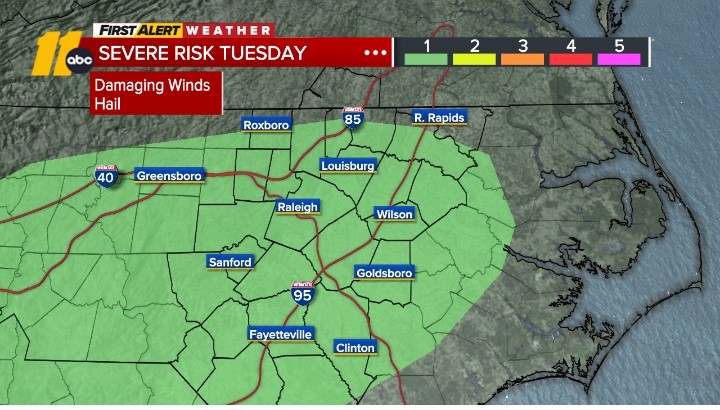Scammers set sights on tricking you out of your spring break cash

RALEIGH, N.C. (WTVD) -- The next several weeks it's spring break for families in North Carolina, and if you're traveling or looking for a last-minute deal, scammers are targeting you.
If you're looking online to book a last-minute getaway, make sure you are extra cautious.
"Carefully look at the URLs, and so the URL may only be off by one single letter, but that means it's not the same website," Norton security expert Iskander Sanchez-Rola said, describing how scammers can easily create copycat websites to trick you.
This happens with airlines, rental cars and vacation listings. ABC11 showed you how a Fayetteville man's Myrtle Beach condo nearly became part of a scam.
SEE ALSO | Here's how to spot scam sports betting websites and apps when wagering in North Carolina

Sanchez-Rola said scammers are good at making fake websites look similar to real websites.
"They can even look exactly the same because they are mimicking every single aspect of the website. So a normal user will not see that this looks like a different website," Sanchez-Rola said.
One way to protect yourself is Norton has a free scanning tool, where you can copy and paste the URL of any website. The tool helps identify malicious websites before you fall prey to them.
Another tool that can help you is called Norton Genie. It's a free app that utilizes real-time AI-powered scam detection and can be used on texts, emails, websites and more.
SEE ALSO | US service members' pictures and videos stolen, used to trick women in romance scams

Besides fake websites trying to get your money this spring break, watch out for public Wi-Fi attacks.
The FBI issued a warning about what's known as juice jacking, which happens when you use public charging stations found at airports, hotels and shopping centers.
While convenient, they can be loaded with malware.
Sanchez-Rola also warns against malicious open hotspots that you may find around a hotel or restaurant.
"Rogue access points that trick victims into connecting to what they think are legitimate networks because the name sounds reputable, but in reality, they just want to steal your information, and they are not the real Wi-Fi," he said.
Security experts said if you're going to use public Wi-Fi make sure you use a VPN, which is a virtual private network, that encrypts your data and gives you an extra layer of online protection.











